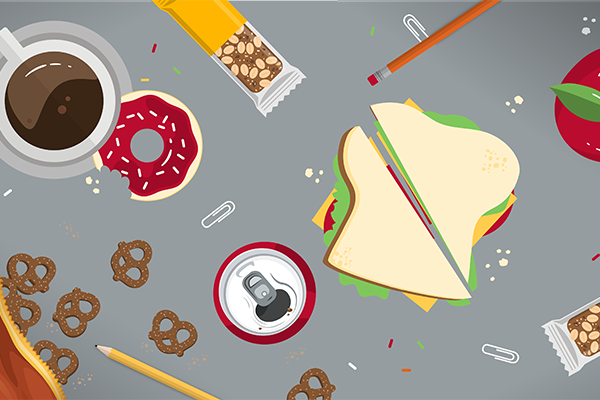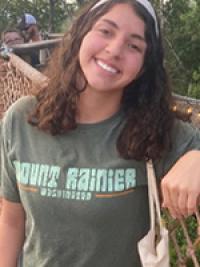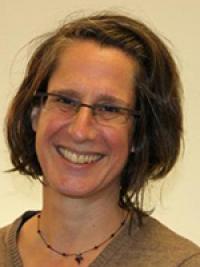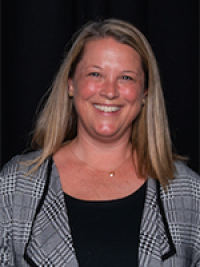Having participated in the Take Your Professor to Lunch Program for several years,
Jennifer Cheavens isn’t a newcomer to connecting with students outside of lecture halls.
Cheavens, a professor of psychology, remembers the first time a student asked her to participate in the program: “I was really flattered. It’s a nice gesture on the student’s part. I was excited to get to know them outside of the classroom, to get to know them better.”
From that point on, it seemed every semester a student in her “Positive Psychology” class would hear about the lunch program, invite Cheavens and email the entire class to see if anyone else wanted to join. Usually, Cheavens would end up meeting a group of students at the dining hall.
“Having a conversation with somebody for a whole meal, it’s like a first date in some ways, so having other people there can make the whole experience less intimidating and make people feel more at ease,” Cheavens said.
The students are often curious about how she became a clinical psychologist, and she’ll ask what they plan to pursue after college. However, Cheavens most loves to hear about the students’ experiences in the psychology major and where the Department of Psychology can improve. When students share their favorite courses, that can inspire others in the group to consider it, or another course by the same instructor, for future semesters.
Cheavens has also met with students one on one through the Take Your Professor to Lunch Program, which has led to better addressing topics such as mental health issues or getting specific advice about attending graduate school.
The program’s influence on Cheavens extended to such a level that she added a similar spin to some of her office hours before the COVID-19 pandemic. With Chat & Chew, Cheavens would eat lunch in the Union cafeteria and students could join her. She wanted to give students this informal option of conversing because it may be less intimidating than speaking in her office. Once safety precautions allow, she plans to restart Chat & Chew.
“We’re interested in working with bright and interested and curious young adults and so it’s a really nice opportunity to get to see inside the lives of students from a different lens,” Cheavens said.





